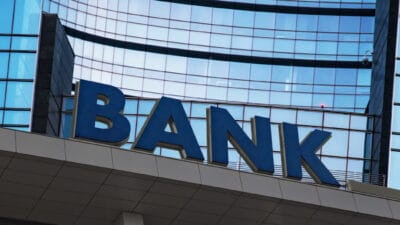The Australia and New Zealand Banking Group (ASX: ANZ) share price has had a disappointing year.
If S&P Global is correct in its analysis, then early 2020 might see more of the same.
What did the RBNZ say yesterday?
The Reserve Bank of New Zealand (RBNZ) has confirmed that the risk-weighted assets (RWA) of internal ratings-based banks will increase to 90% of that required under a standardised approach.
ANZ, like the rest of the Big Four, has a big presence in New Zealand.
ANZ shares could come under pressure next year if the bank looks to shareholders for more regulatory capital.
The RBNZ deemed for systemically important banks the Tier 1 capital requirement will increase to 16% of RWA, 13.5% of which must be in the form of CET1 capital.
Tier 2 capital will remain in the framework and can comprise 2% of the minimum total capital ratio of 18%.
Why could ANZ shares fall lower?
According to an article in the Australian Financial Review, S&P Global thinks the Aussie bank will need to raise new fresh equity to meet the new requirements.
ANZ shares climbed higher alongside the other Big Four banks after yesterday's announcement.
CEO Shayne Elliot was confident the bank has the balance sheet strength to weather the changes.
S&P disagrees and thinks the group will be asking shareholders for more equity in the near future.
The potential for dilution and idea that you don't raise equity if your shares are undervalued usually sees shares drop when companies raise equity.
The RBNZ changes come as APRA's regulatory changes come into effect here in Australia.
ANZ's balance sheet strength and 11.4% CET1 ratio means it is well-positioned here in Australia.
However, any earnings declines in its first-half results in 2020 could see ANZ shares fall lower.
What about the rest of the Big Four?
It's not just ANZ that has to worry about the effects of the RBNZ's changes.
Westpac Banking Corp (ASX: WBC) could face questions after its recent AUSTRAC scandal.
Faced with a potential fine stretching into the billions, the Aussie bank recently completed a $2.5 billion capital raising.
Given its CET1 ratio is sitting at 10.67%, the bank could be looking at more equity raising after the latest changes.








